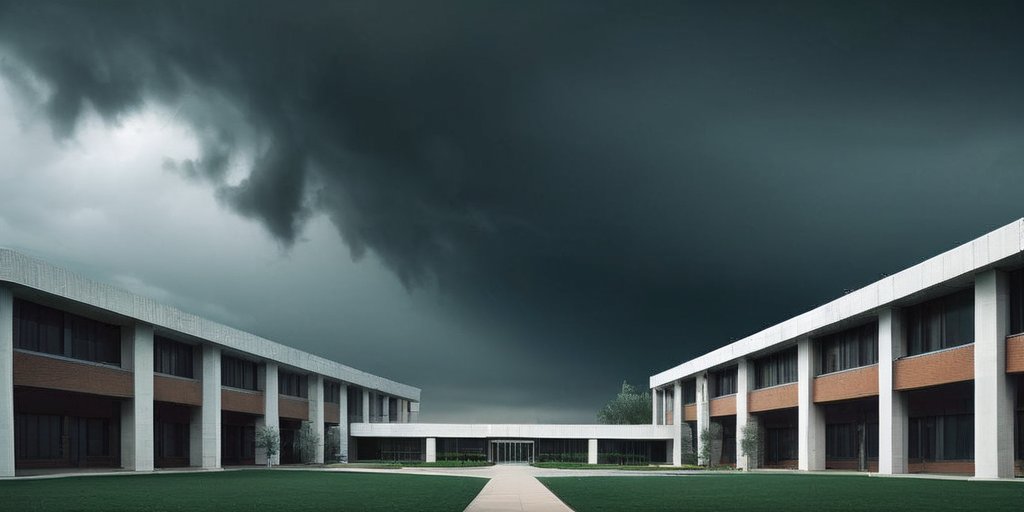In a significant move this month, the Trump administration’s efforts to deport Mahmoud Khalil, a Columbia University graduate and pro-Palestinian campus activist, have stirred controversy and raised questions about free speech on university campuses. This case marks a notable escalation in the administration’s approach to international students, particularly those involved in protests against the ongoing Israel-Hamas conflict. Following Khalil’s detention, two other foreign-born academics affiliated with prominent U.S. universities have also faced immigration actions amid claims of homeland security risks.
Khalil’s situation is alarming; he is accused by the Trump administration of being a sympathizer of Hamas, a claim that remains unproven, and has sparked outrage among advocates of civil liberties. Trump’s tweet regarding Khalil’s case indicated a broader campaign against what he deems ‘pro-terrorist’ activity, warning of more arrests to come. The administration’s crackdown raises pressing concerns about the implications for academic environments, as well as broader conversations about dissent within universities.
The Department of Education is currently scrutinizing 60 universities, including key Ivy League institutions, for alleged antisemitic harassment linked to protests against the Israel-Hamas war. Critics, including Steven Levitsky, a professor at Harvard University, warn that the tactic of targeting universities is characteristic of authoritarian regimes seeking to suppress dissent. As Levitsky notes, history shows that autocrats often seek to undermine educational institutions that represent alternative viewpoints.
This crackdown has genuine consequences for the academic community. For instance, Dr. Rasha Alawieh, a kidney transplant physician at Brown University, was detained due to concerns stemming from her recent visit to Lebanon, where federal agents discovered controversial images on her phone. Similarly, Badar Khan Suri, a postdoctoral fellow at Georgetown University, faces deportation based on his supposed connections to Hamas, despite his educational focus on peace-building.
Ranjani Srinivasan, a Fulbright scholar at Columbia, left the U.S. after her visa was revoked, allegedly due to her participation in related protests. Her case illustrates how the administration’s immigration enforcement efforts target students exercising their rights to free speech, further complicating the narrative of academic freedom.
As universities face intensified scrutiny, many are venturing to redefine their role and tackle these political challenges head-on. However, the larger question remains: where does one draw the line between national security and the right to political expression in an educational setting? Observers fear that if this trend continues, it could signal broader implications for academic freedom and human rights in America.
